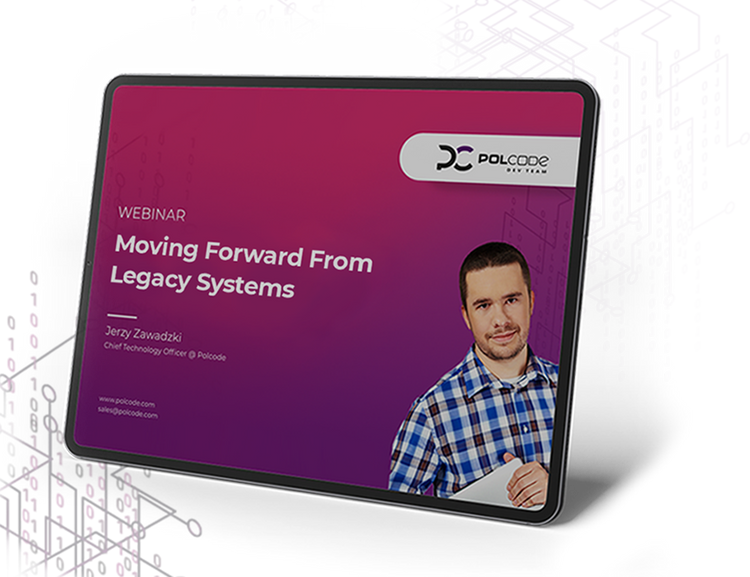
Burnout syndrome should not be underestimated. Contrary to common opinions it is not just about expressing boredom with the job, or longing for that next vacation. In reality, it’s a little more complex syndrome and all working adults should be able to identify if it’s happening, and then know what to do about it. While it isn’t technically a medical condition in its own right, it does carry some real symptoms: exhaustion, reduced efficacy, and cynicism or negativity towards work.

Burnout at work and how to deal with it
Burnout syndrome should not be underestimated. Contrary to common opinions it is not just about expressing boredom with the job, or longing for that next vacation. In reality, it’s a little more complex syndrome and all working adults should be able to identify if it’s happening, and then know what to do about it. While it isn’t technically a medical condition in its own right, it does carry some real symptoms: exhaustion, reduced efficacy, and cynicism or negativity towards work.
It may also happen to you
Primarily, burnout was associated only with helping professions, like medical workers or teachers. Currently, psychologists notice this syndrome in every kind of job and have highlighted the importance of recognizing it in all work environments.
In a recent report from July 2021, Haystack announced a new study about software engineers feeling burnout during the pandemic. Only 17% of software engineers surveyed reported that they had experienced “no burnout.”
It’s not a bad idea to take stock of your burnout inventory every now and then, just to be sure that you’re prepared if it happens to you.
Who’s to blame?
Obviously, there are certain risk factors in the work environment, like too heavy workload or lack of resources, where the whole responsibility lies on the employer.
One of the core symptoms is cynicism towards one’s job, and we all know how contagious it is and how hard it is to feel the flow when one is surrounded by a negative attitude.
However, sometimes changing the company doesn’t solve the problem. Latest research proves that there’s a link between the risk of burnout and personality traits and patterns of behaviour.
Christina Maslach has devoted her career to research on professional burnout. She defines it as a prolonged response to chronic emotional and interpersonal stressors on the job. It means that not every person in the same work conditions will develop burnout.
How to take care of yourself
Every HR department in the IT industry has its own bag of tricks to protect its employees from burnout. Nevertheless, they can’t do all the work for us. It’s ultimately up to ourselves to take responsibility for our well being. After all, increased internal locus of control is associated with decreased burnout.
- Take a more active role in scrum meetings - keep in mind that a lack of control over one’s work and overload are among the first recognized factors of burnout.
- Don’t volunteer for overtime - sometimes you have to stay longer, sometimes you don’t, but you feel obliged to do that. Learn the difference.
- Fill out HR surveys - and build a relationship with HR, just talk with them. Nothing will ever change if you don't express your opinion and needs.
- Prioritize and delegate - recent research shows that to overcome the state of feeling ineffective, people prioritise easy tasks because closing just one of them gives them as much satisfaction as the important ones. This can cause fatigue with minor tasks and being overwhelmed with the significant job. Think about delegating tasks to others. Look around for the junior staff or new employees who could use the trivial tasks as an opportunity to grow.
- Meet your colleagues - go to company events, especially if you’re working remotely. Take time to go out for a beer with people you work with. If this sounds unattainable, take part in company online events and hang out in Slack/Rocket channels which aren’t work-related. Isolation is one of the key causes of burnout in many work environments, so fight against it!
- Appreciate the little things - birthday cards and Valentine’s chocolates from your company might seem meaningless, but let them do their job: remind you that you work with nice people.
- Finally: never neglect the basics of mental health: sport, healthy diet and sleep!
On-demand webinar: Moving Forward From Legacy Systems
We’ll walk you through how to think about an upgrade, refactor, or migration project to your codebase. By the end of this webinar, you’ll have a step-by-step plan to move away from the legacy system.

Latest blog posts
Is Your E-commerce Business Ready for the European Accessibility Act?
Jun 16, 2025 by Janusz Toczko
Legacy Software and Security Risks: Why Regular Audits Are Your Best Defense
Jun 4, 2025 by Jerzy Zawadzki
Magento Enters the SaaS Arena: What Adobe Commerce as a Service Means for Your Business
Apr 24, 2025 by Jerzy Zawadzki
Ready to talk about your project?
Tell us more
Fill out a quick form describing your needs. You can always add details later on and we’ll reply within a day!
Strategic Planning
We go through recommended tools, technologies and frameworks that best fit the challenges you face.
Workshop Kickoff
Once we arrange the formalities, you can meet your Polcode team members and we’ll begin developing your next project.

